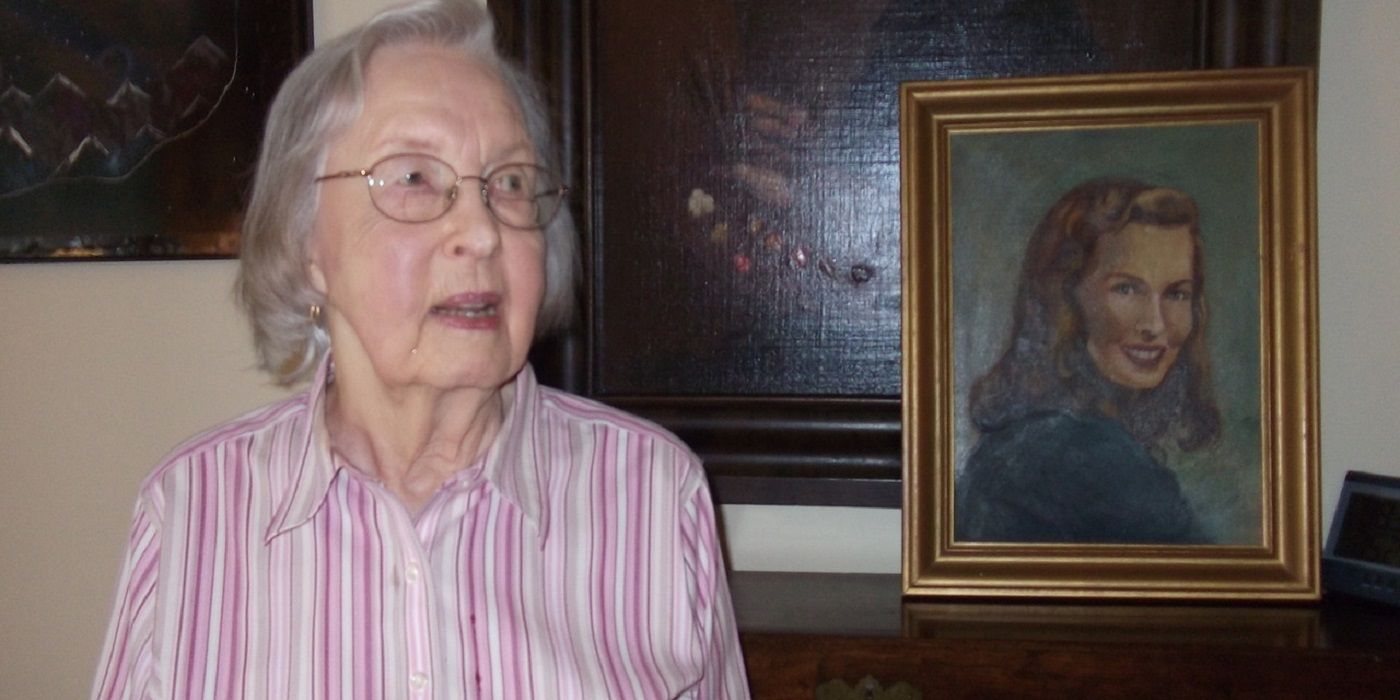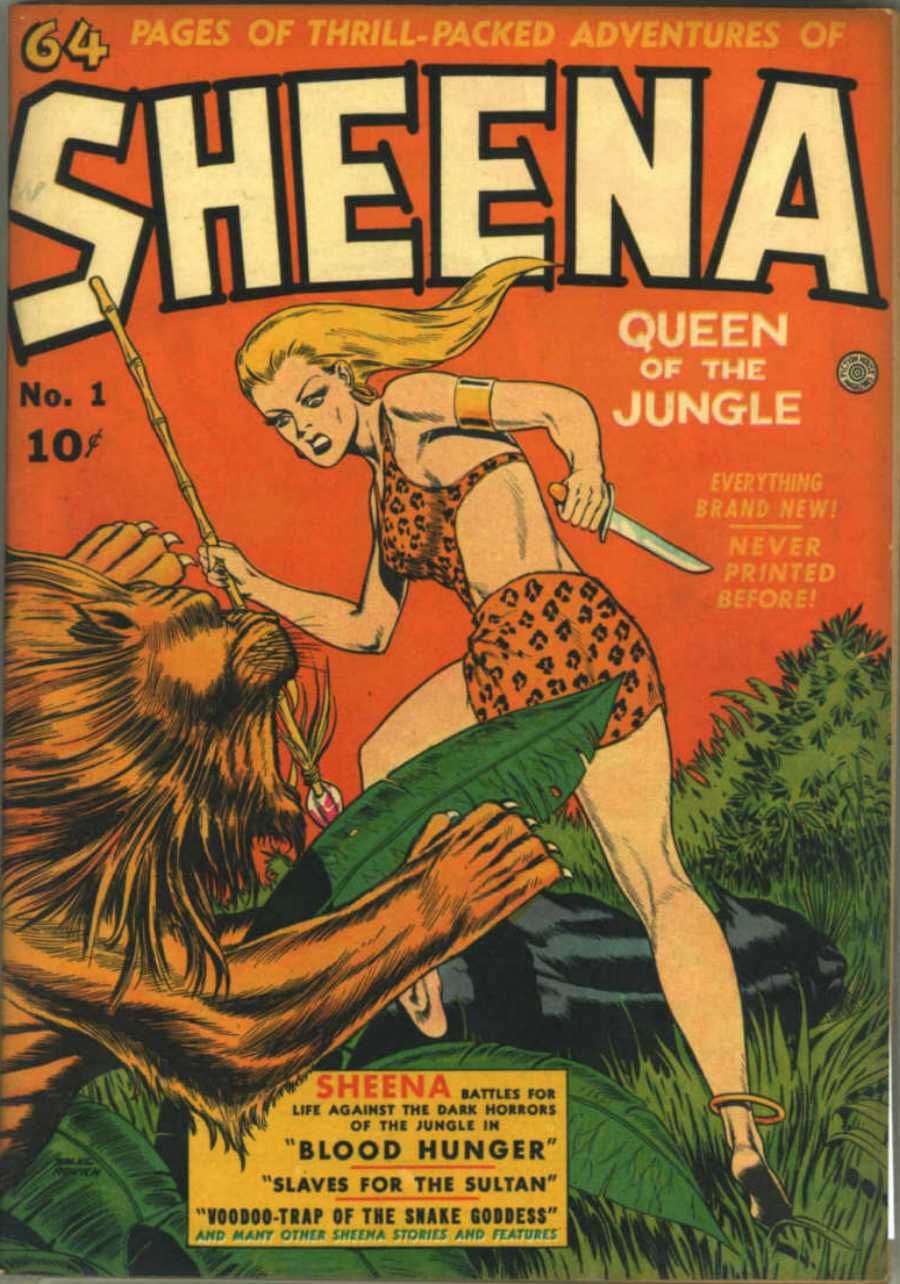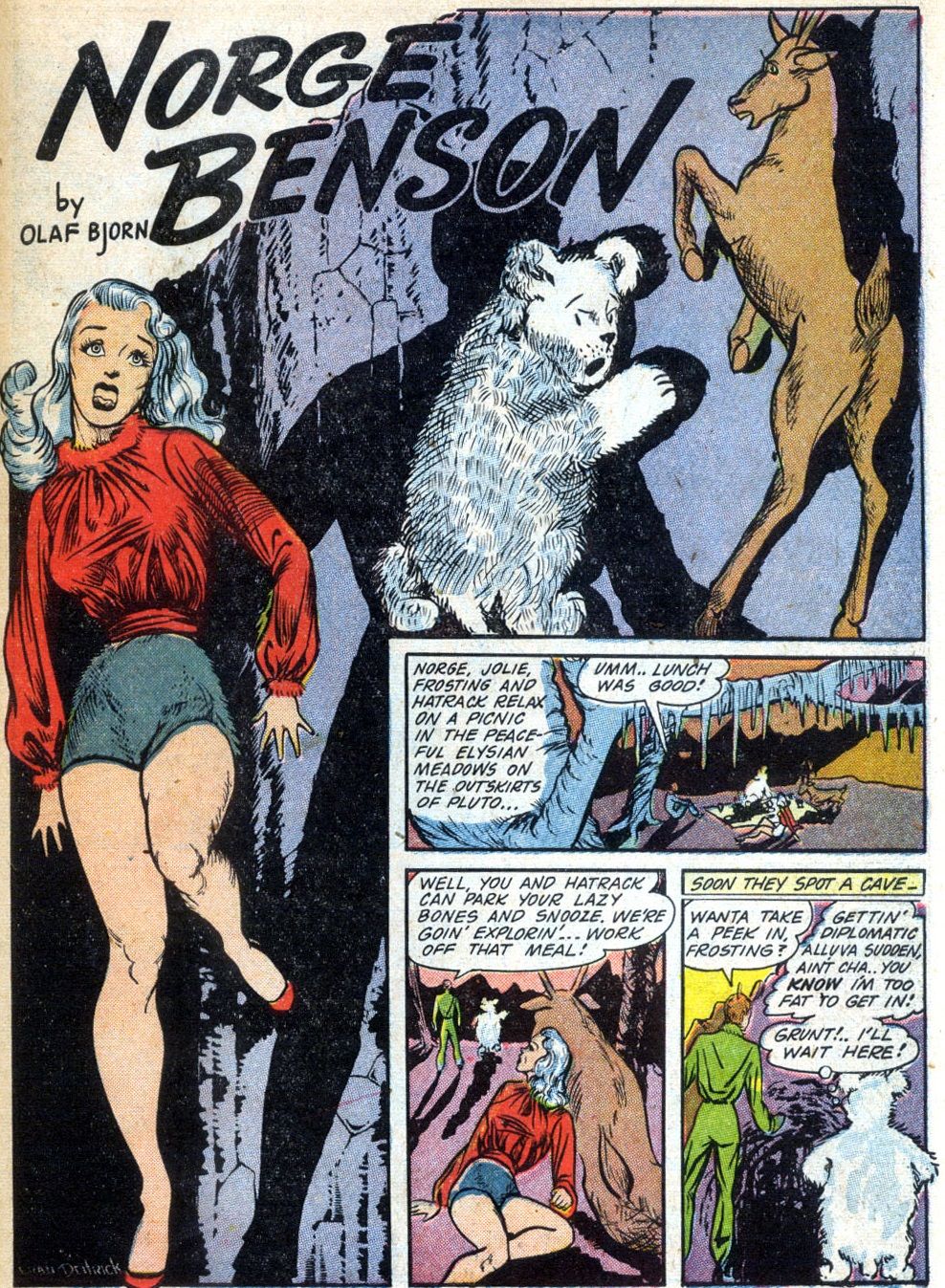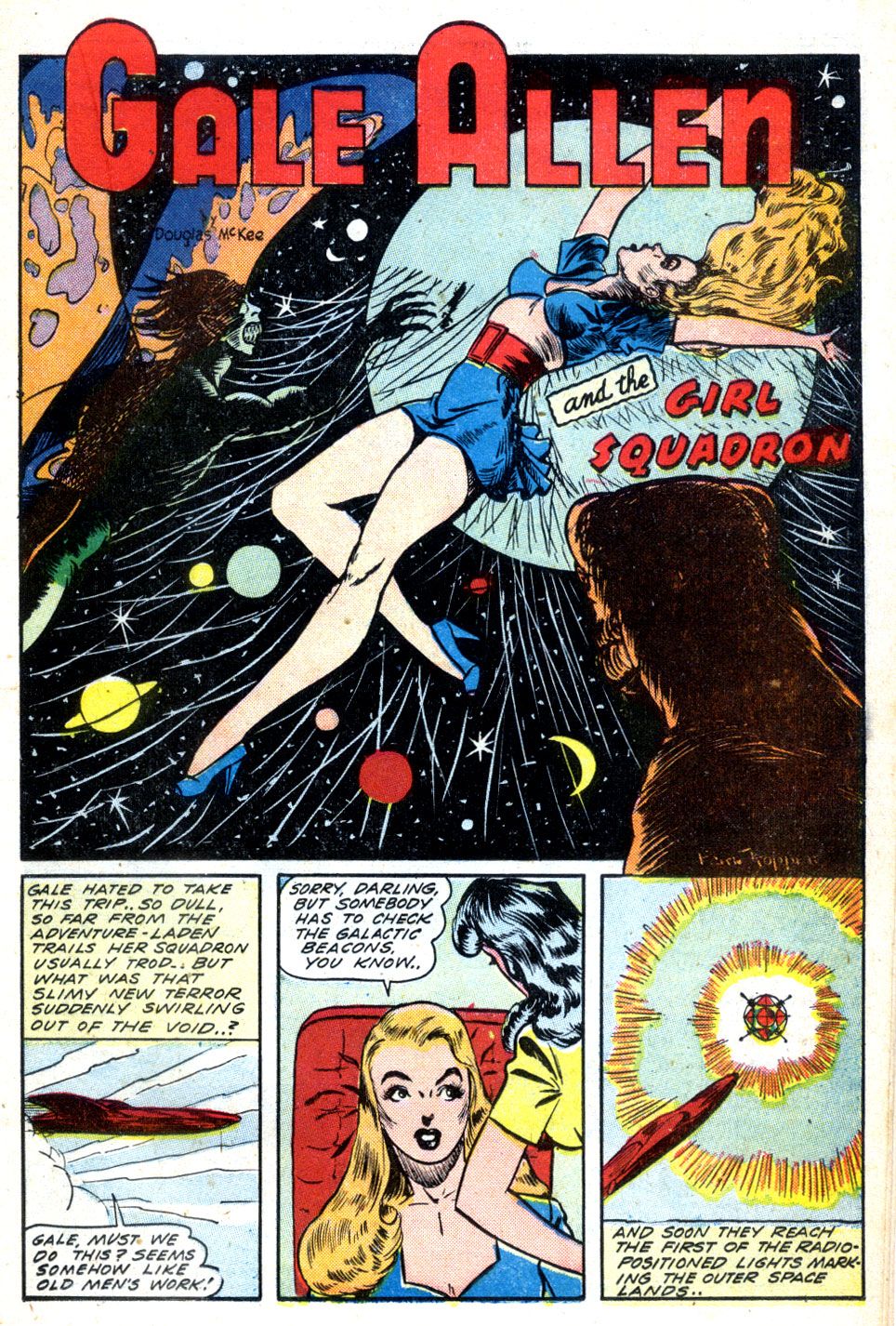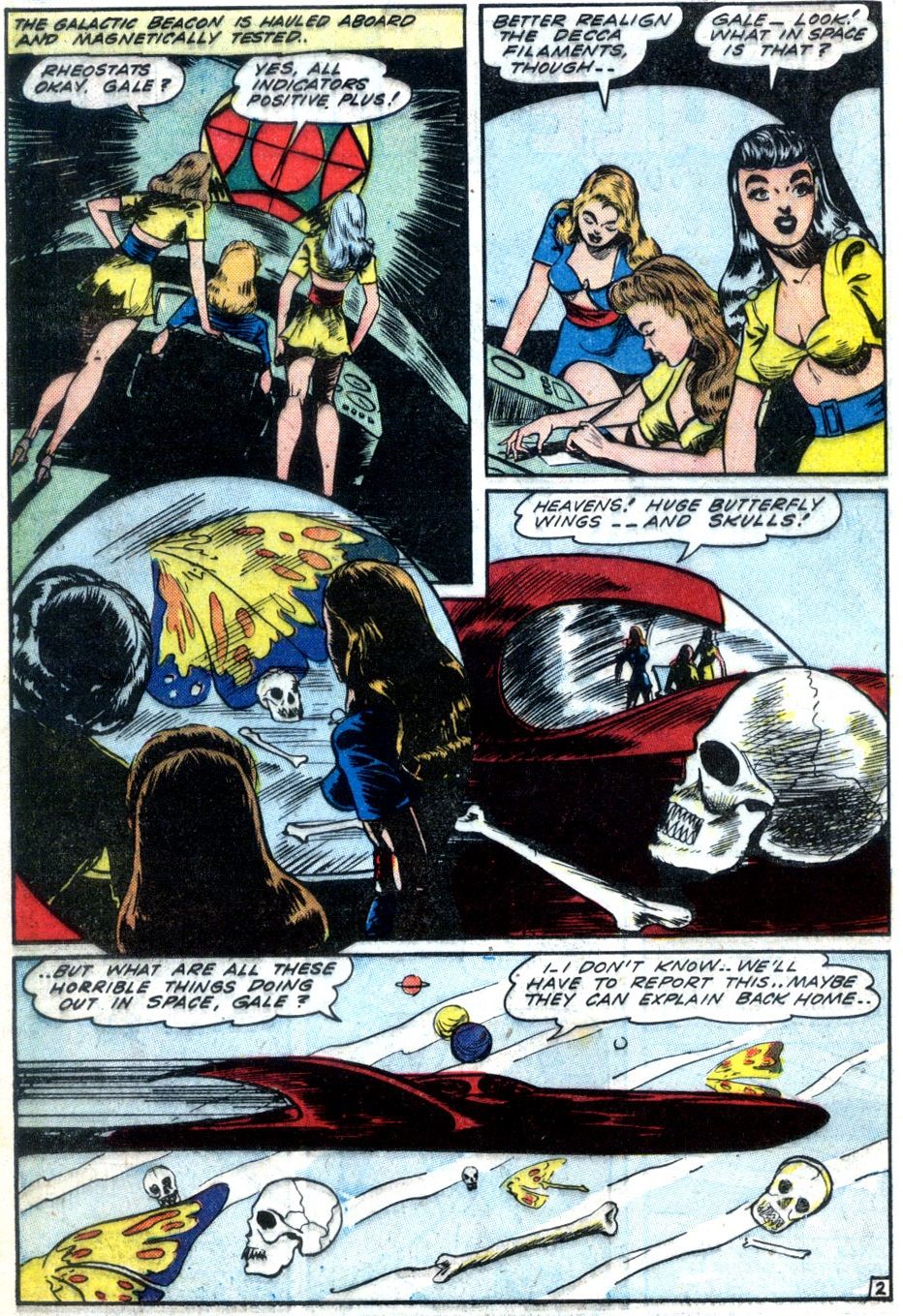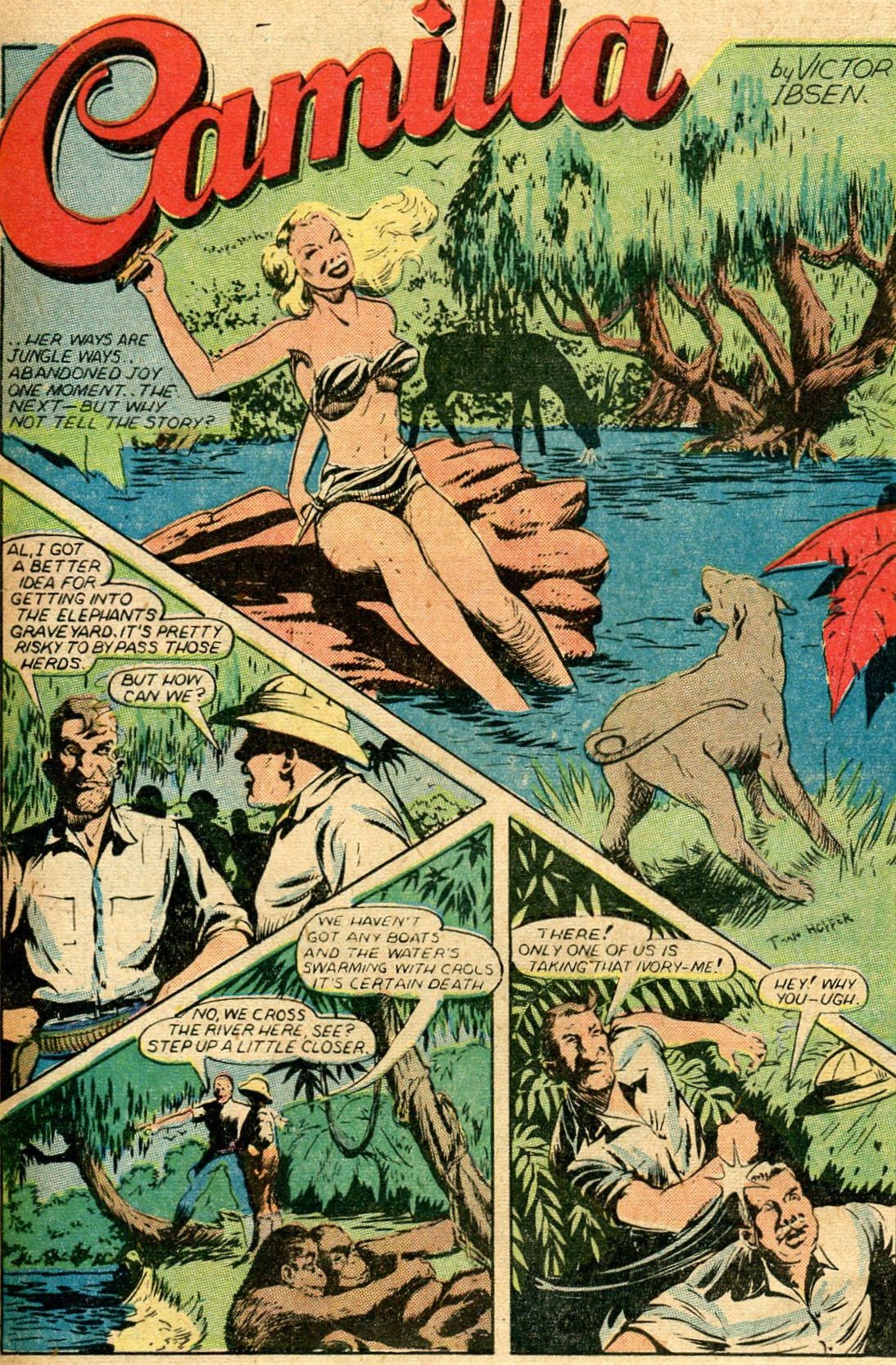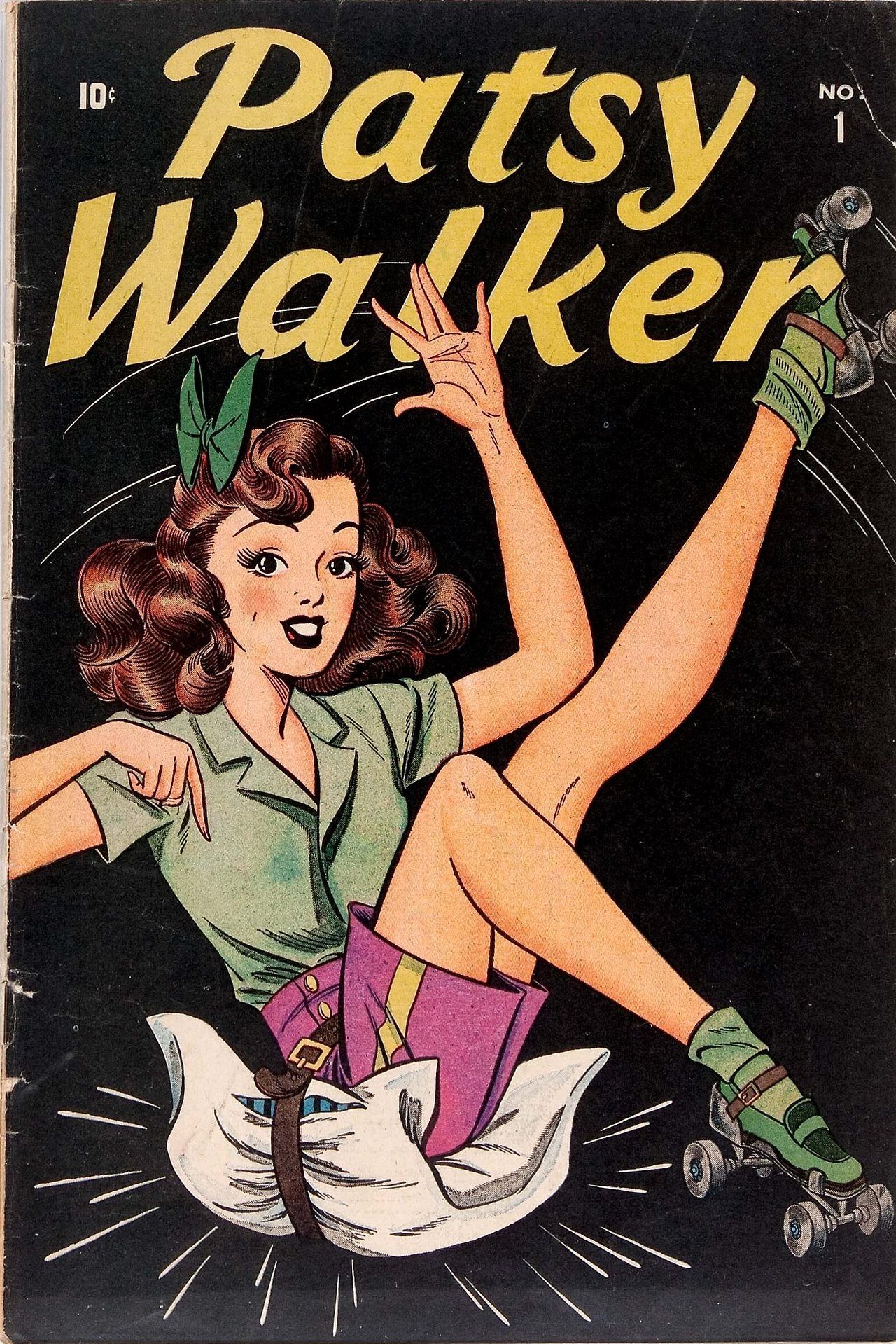Golden Age comic book artist, Fran Hopper (nee Frances Deitrick), passed away on November 29th, 2017 at the age of 95.
Hopper got into comic books during a fascinating point in comic book history. World War II had led to a boom in comic book production, but at the same time, the war also led to many comic book creators going into the military. Therefore, like every other field, comic book publishing also opened up to female creators. One of the places where women were especially welcome was at the Iger Studio, one of the very first "packaging studios" in comic books (it was initially the Eisner and Iger Studio). A "packaging studio" was a collection of comic book writers and artists who would create full comic books and then sell them to comic book companies ready-to-publish. Eisner and Iger were one of the best in the business, driven primarily by the creative genius of its co-founder, Will Eisner. In 1940, however, Eisner left the company to launch the Spirit comic book newspaper insert. Bob Iger continued the studio without Eisner. Naturally, Iger had to recruit other writers and artists to replace the void that Eisner left behind. Ruth Roche had done some work for Eisner and Iger and when Eisner left, she took on more writing responsibilities. She became an editor and eventually became Iger's business partner.
In 1942, with the United States now at war with the rest of the world, Iger and Roche began to recruit female creators to fill in for the absent men. Some of the most prominent women that they hired during this period were Ruth Atkinson, Lily Renee, Marcia Snyder and, of course, Fran Hopper. One of the Iger Studio's biggest comic book client was Fiction House, home of the popular jungle hero, Sheena, Queen of the Jungle.
While still single and going by Frances Deitrick (although she would often sign her name as France in the comics), Hopper began work for Iger and Fiction House in 1943. Fiction House was well known for doing adventure comics starring women, produced by women, which was a bit of a rarity for the era. The success of Sheena led to them trying a variety of Sheena-esque heroes. When Hopper first started working for these comics, she debuted on the series, Planet Comics. Her first story was actually for a feature starring a male hero, Norge Benson, in Planet Comics #24...
However, by Planet Comics #30, she was working on the female adventure feature, Gale Allen and the Girl Squadron...
In 1944, as she changed her name to Fran Hopper upon marrying her husband, Dr. John Hopper. She continued to work for a variety of Fiction House titles for the next few years.
Fiction House would hire away some of the creators from the Iger Studio to work for them directly and one of them that they hired was Ruth Atkinson, who became Fiction House's Art Director briefly. Atkinson left Fiction House for Marvel Comics (then called Timely Comics) in 1944. She then co-created both Patsy Walker and Mille the Model for Marvel.
Atkinson hired some of her co-workers from Fiction House, including Hopper, to draw some of those early Patsy Walker stories.
Following World War II, male comic book creators were back and their return, combined with a downturn in the comic book business following the war, led to many female comic book artists of the era being pushed out of the business. Hopper was one of them. She retired from comics in 1947 to raise a family. Later on, she and her husband raised Arabian horses.
In 2012, the great comic book historian Trina Robbins was doing some research and she discovered that Hopper was still alive (via some heady detective work). She visited Hopper at a retirement home in New Jersey. It was there that Robbins took the photo of Hopper that we used at the top (alongside a self-portrait of Hopper that she drew back in the 1940s). It was wonderful that Hopper lived long enough to be able to discuss her career with someone who appreciated her work as much as Robbins did.
Hopper is survived by her three children, 10 grandchildren and eight (soon to be nine) great-grandchildren.
Since most of Fiction House's comics are now public domain, we're sure that you could find some excellent Hopper stories out there on the internet. Give them a look, they are well worth your while. She was an excellent comic book artist.

